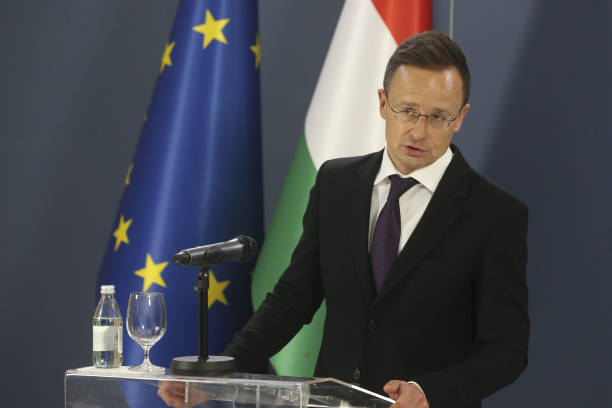Hungary’s Veto Stalls Ukraine’s EU Accession, Brussels Weighs Reform

The European Union is considering ways to speed up decision-making in foreign policy, where most issues currently require unanimity, which has been hampered in recent years by Hungary's position.
The Gaze reports on it, referring to Bloomberg.
Hungary has consistently blocked various initiatives on Ukraine, including financial aid and sanctions against Russia, leading to diplomatic disputes and attempts to persuade Budapest to change its position. The EU is discussing how to preserve the principle of consensus within the bloc while allowing most countries to act independently on critical issues.
An informal group of twelve member states has analyzed legal mechanisms that would allow decisions to be made by a qualified majority instead of the traditional unanimity.
Such changes, according to experts, would allow for faster and more decisive action, reducing the ability of individual countries to block initiatives that enjoy broad support, particularly on issues such as aid to Ukraine and sanctions against Russia.
A similar position was previously expressed by former Italian Prime Minister and Mario Draghi, as well as current European Central Bank President Christine Lagarde, who support the expanded use of qualified majority voting for decision-making.
The problem appears to be quite significant, given that despite talks among allies to change the decision-making mechanism, Hungary continues to block the start of negotiations on Ukraine's accession to the European Union.
Hungarian Foreign Minister Péter Szijjártó said that his country would not agree to open the first cluster of negotiations, which involves discussing specific sections of the agreement.
Szijjártó justified Budapest's position by citing concerns about Hungarian farmers and the country's food security, and also claimed that opening negotiations would allegedly allow the Ukrainian “mafia” to infiltrate Hungary.
“That is why we will not allow the substantive part of the accession negotiations, i.e., specific sections of the negotiations, to be opened,” Szijjártó said.
As The Gaze informed earlier, Lithuania called on the EU to find a way to bypass Hungary and push forward Ukraine's membership application, as hopes for Budapest to lift its veto are dwindling due to growing tensions between Budapest and Kyiv.